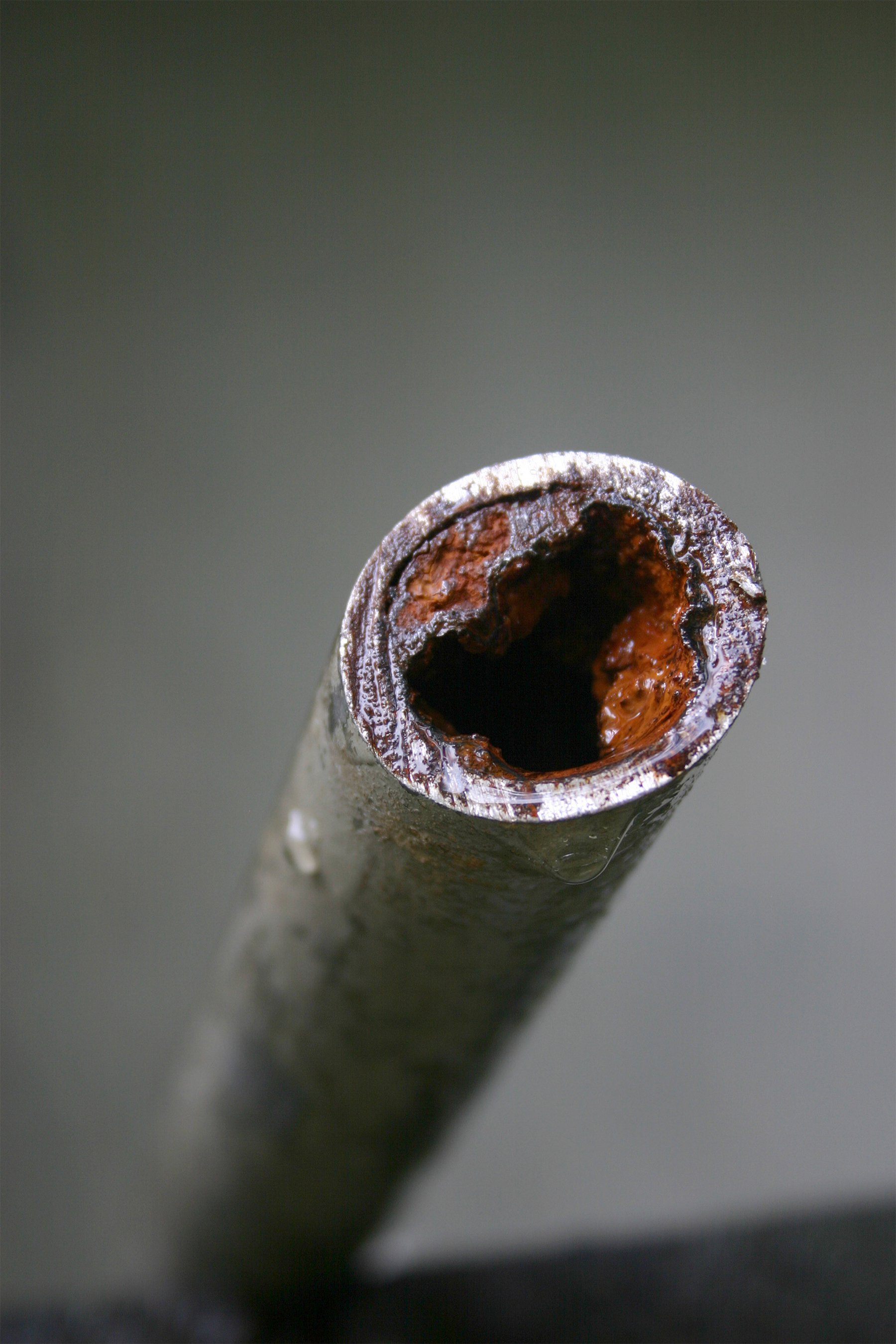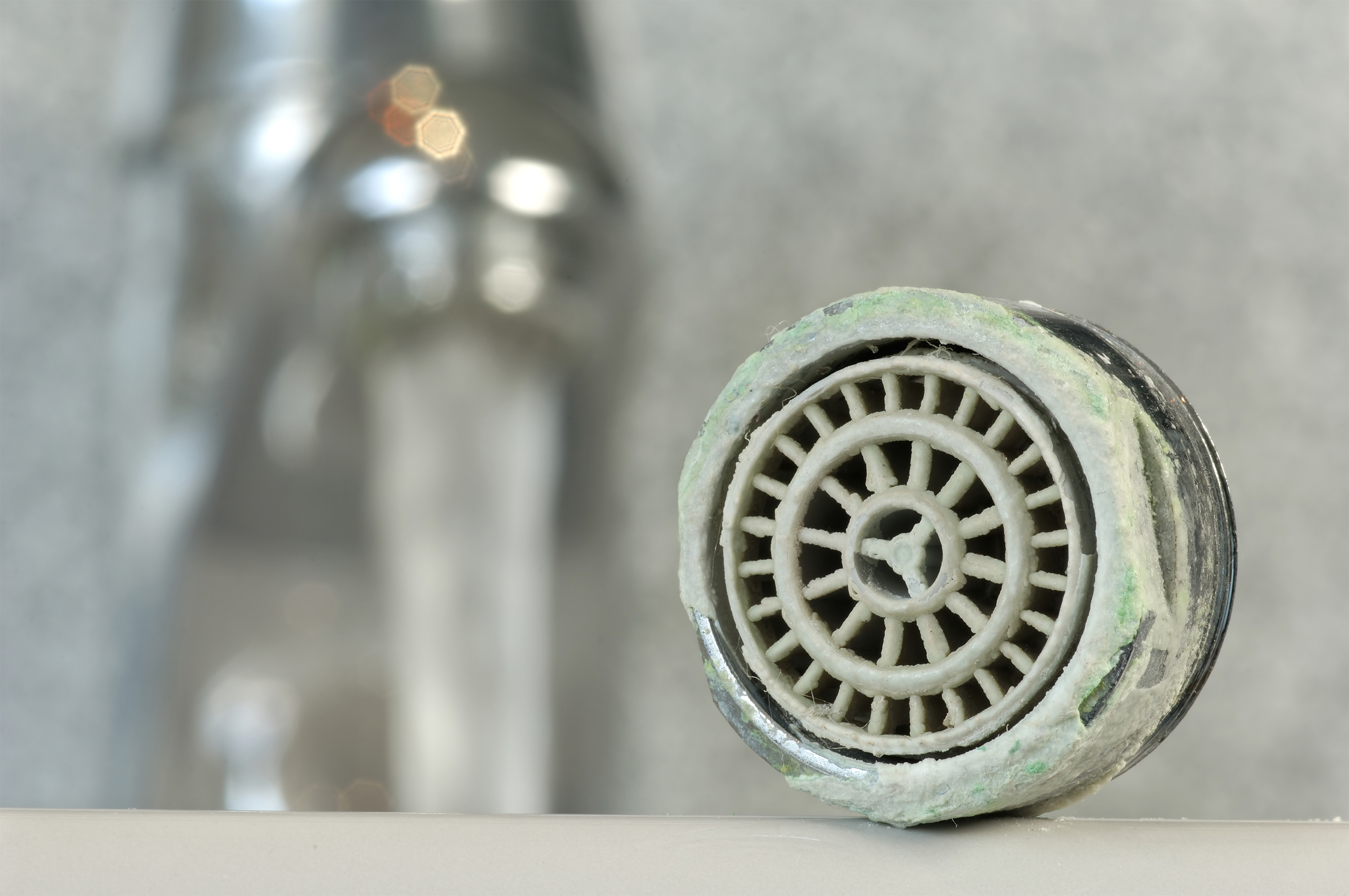What is corrosion?

This build-up, also known as limescale deposit, occurs when the hard water evaporates and leaves behind the minerals. In a process called corrosion, these hardened minerals can eat through the coating on plumbing, and rubber seals, and cause failures in the most expensive parts of your appliances, such as pumps and water heating elements, which are present in kettles, dishwashers, washing machines, and even coffee machines. The limescale deposits can also cause a build-up of deposits inside your water pipes causing blockages, a lack of pressure, and dripping taps or running toilets.
For example, if you notice white residue stains on your dishes after you wash them in the dishwasher, you have very likely hard water. Not only is the hard water affecting your glassware and dishes, but the limescale build-up is also settling on the inside of your dishwasher. The more build-up, the more likely your dishwasher will wear down and start to corrode. The mineral deposits can damage the rubber seals and create leaking, and also create premature rusting due to the build-up.
A number of factors will accelerate corrosion in your home due to your water quality.
- Acidity (low pH)
- High mineral concentrations
- Stray current electrolysis
- Galvanic corrosion is caused by dissimilar metals
- Dissolved oxygen content
- Water temperatures
Tired of dealing with hard water corrosion in your home? See our distributors
 Hard water corrosion
Hard water corrosion